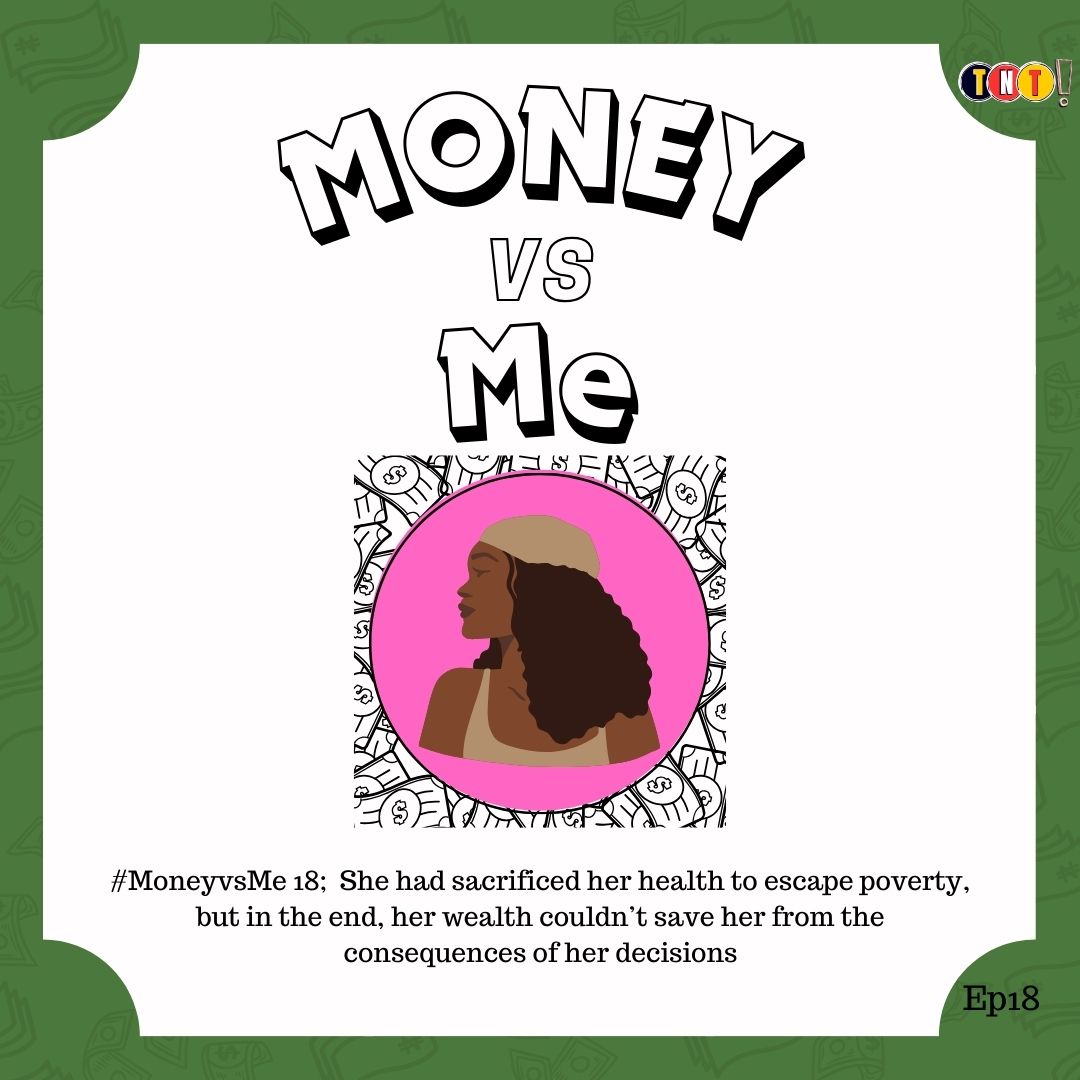In our daily life, It’s not uncommon to encounter individuals who are eager to give advice even when we haven’t asked for their counsel. These unsolicited advisors often speak with an air of authority, convinced they hold the keys to our happiness, success or wellbeing. They forget the popular saying that is “only the wearer that knows where the shoe pinches”. While their intentions may be genuine the reality remains that not all advice are beneficial or relevant. This content explores the dynamics of unsolicited advice, its impact and how to navigate these interactions properly.

The Nature of Unsolicited Advice
Unsolicited advice typically arises from a genuine compassion to help family friends and even strangers. However this advice often comes without a full understanding of the unique circumstance of the individual and their preference in handling issue. As a result the advice may be misplaced or irrlevant
One of the key issues with unsolicited advice is the assumption that the advisor knows better. This presumption can be frustrating because it overlooks our own experiences and knowledge. Moreover, it can create a negative perception where the advisor feels that we are disobedient, it can also create power imbalance, where the advisor positions themselves as the expert and us as the novice, regardless of our actual expertise or understanding.
The Impact of Unsolicited Advice
Receiving unsolicited have several effect:
Low self- esteem: Constant advice especially unsolicited affects self-esteem. This is because we become unsure of each step and become solely dependent on what people have to say and offer. Even in cases where the advisor is not correct there is a high tendency that we would prefer that to our own reasoning. We may begin to second-guess ourselves, wondering if others know better about our own lives.
Creating Pressure: Feeling obligated to follow unsolicited advice can create unnecessary pressure. We might feel compelled to act on the advice to avoid offending the advisor or to meet their expectations, even if it doesn’t align with our own desires. Especially when the advisor is an elder or someone we have looked up to.
Negative Outlook: Frequent Unsolicited advice results to a negative outlook. Not following what the advisors keeps saying makes you look arrogant or disobedient. They most likely will not understand is because they don’t understand uniqueness of the situation.
Straining Relationships: Persistent Unsolicited advice can strain relationships. It can lead to feelings of frustration, resentment, and even distancing from those who continually impose their opinions.
The Value of Advice
It’s important to recognize that advice itself is not inherently bad. In fact, the Bible states, “In the multitude of counselors, there is safety” (Proverbs 11:14). This suggests that seeking and receiving advice from others can provide us with valuable perspectives and insights. However, the key lies in the nature and timing of the advice.
When Advice is Beneficial
Solicited Advice: It is only a hungry that looks for food and same applies to advice. Advice is most valuable when it is sought out. When we actively seek guidance, we are more open to listening and considering the perspectives offered. Solicited advice respects our autonomy and acknowledges our willingness to receive input.
Relevant and Informed: Advice that is relevant to our specific situation and informed by a deep understanding of our circumstances is more likely to be helpful. Advisors who take the time to understand our context can offer more meaningful and applicable suggestions. When the advisor can take himself away from the situation and not intentionally try to enforce himself or compare their own situation with who they are advising. The advice become useful.
Empathetic and Supportive: Advice given with empathy and support, rather than judgment or superiority, is more likely to be well-received. When advisors approach us with genuine concern and a desire to help, it fosters a more positive and constructive dialogue.
What’s the Best Way to Handle Unsolicited Advice?
Dealing with unsolicited advice can be challenging, but there are strategies to manage these interactions effectively:
Listening with Grace: While it may be tempting to dismiss unsolicited advice immediately, listening with grace can help maintain relationships and demonstrate respect for the advisor’s intentions. Acknowledging their input without committing to follow it can be a diplomatic way to handle the situation.
Setting Boundaries: It’s important to establish and communicate personal boundaries. Politely expressing a preference for not receiving advice on certain topics can help reduce the frequency of unsolicited advice. For example, saying, “I appreciate your concern, but I’d prefer to handle this my way,” can set a clear boundary.
Evaluating the Advice: Not all unsolicited advice is useless. Evaluating the advice based on its relevance and the advisor’s expertise can help determine if it holds any value. Sometimes, even unsolicited advice can offer new perspectives or ideas worth considering.
Expressing Gratitude: Expressing gratitude for the advisor’s intention, even if the advice is not applicable, can help maintain a positive relationship. A simple “Thank you for your input, I’ll think about it,” can go a long way in showing appreciation without committing to action.
Trusting Yourself: Ultimately, trusting our own judgment and decisions is crucial. We know our circumstances, goals, and preferences better than anyone else. While advice can offer valuable insights, it’s important to remember that we are the best judges of our own lives.
Conclusion
Unsolicited advice is a common experience that can be both a blessing and a burden. While well-intentioned, it can sometimes feel intrusive and overwhelming. Recognizing the value of advice, seeking it when needed, and setting boundaries for unsolicited advice can help us navigate these interactions more effectively. By trusting our own judgment and showing grace to those who offer advice, we can maintain healthy relationships while staying true to our own paths. Remember, in the multitude of counselors, there is safety, but ultimately, we are the architects of our own lives.
Also Check:



